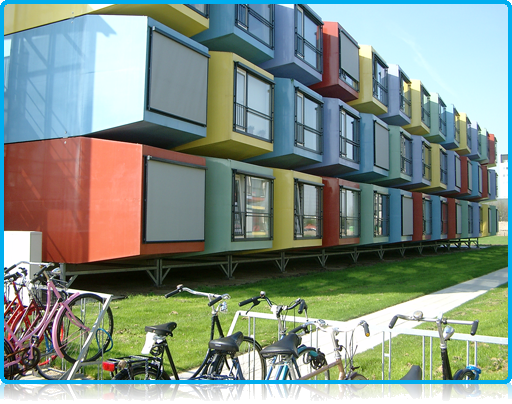Wittenborg Online News!
Universities UK – sceptical about the marketing of “free education” in the Netherlands!
Universities UK – sceptical about the marketing of “free education” in the Netherlands!
 Universities UK – sceptical about the marketing of “free education” in the Netherlands!
Universities UK – sceptical about the marketing of “free education” in the Netherlands!
Currently there is a discussion in the Netherlands regarding the funding of EU students from neighbour countries, such as Germany, Belgium and the UK!
There has recently been too much hype regarding the so-called ‘’hordes’’ of British students crossing the North Sea to Study in Holland, according to the Nuffic’s Transfermagazine, based on an article by Nicola Dandridge, chief executive of Universities UK, in the Times Higher Education. She highlights the cleaver marketing being employed by some Dutch universities in the Netherlands towards prospective UK students, and criticises the unbalanced approach of the information provided, especially from a socio political perspective with regard to the comparison of the costs of providing and buying-in higher education.
The article points out that there is currently more than double the number of Dutch students studying in the UK than British students in the Netherlands. It states that although the cost to the individual is lower than that in the UK the Dutch taxpayer has to foot the bill in terms of public funding towards each student.
Dandridge points out that “while some British students will inevitably be tempted by the prospect of not having to make contributions towards the cost of their degrees after graduating, caution is needed when describing degrees in other countries as "free" or "cheaper". What is not being communicated properly here are the full costs involved in funding undergraduate courses and how this requires long-term, sustainable provision. Interestingly, the issue of who covers the bill for higher education has been thrust into the limelight recently in the Netherlands. It has been reported that the Dutch education secretary, Halbe Zijlstra, is considering the possibility of requesting financial reimbursement from Germany for the many German students who study in the Netherlands.”
From the perspective of the Dutch government, Halbe Zijlstra is currently looking at different possibilities in changes to the funding of higher education in Holland, and proposals include the removal of direct funding for all part-time students from 2017 and possibilities of other changes in the funding structures for certain areas, such as the limitation of certain types of programme to certain Universities, more stringent 'selection-at-the-gate' and more emphasis on market stimulated education.
In recent years Dutch higher education has already seen the removal of state funding for students following a second Bachelor or Master programme, the removal of funding for international students, and a rule that any student who delays graduation for more than one year of the official programme time will have to pay the full fees for the remaining year(s). All these categorised students have to pay the full fee of between five and twelve thousand euros. (At Wittenborg for instance, there is no funding and the fee is currently 6300 euro for undergraduate and 12600 euro for postgraduate students).
 Student housing all inclusive for less than 80 pounds a week?
Student housing all inclusive for less than 80 pounds a week?
There are some great benefits of study in Holland however, despite the sometimes lower fees, great experience of study abroad, pretty decent infrastructure in one of the richest countries of Europe, but also for instance the very affordable and high quality student housing. As an example, Wittenborg students get an all-inclusive furnished room, including high speed internet, cable TV, gas water and electricity for between 420 and 480 euro per month! Also, if you have a part-time job you are entitled to study finance grants up to 3000 euro a year plus a free travel card for all public transport in the Netherlands. At least taking the bus and train to that cheap Easy Jet flight home won’t cost much!
WUP 19/04/12
611 words